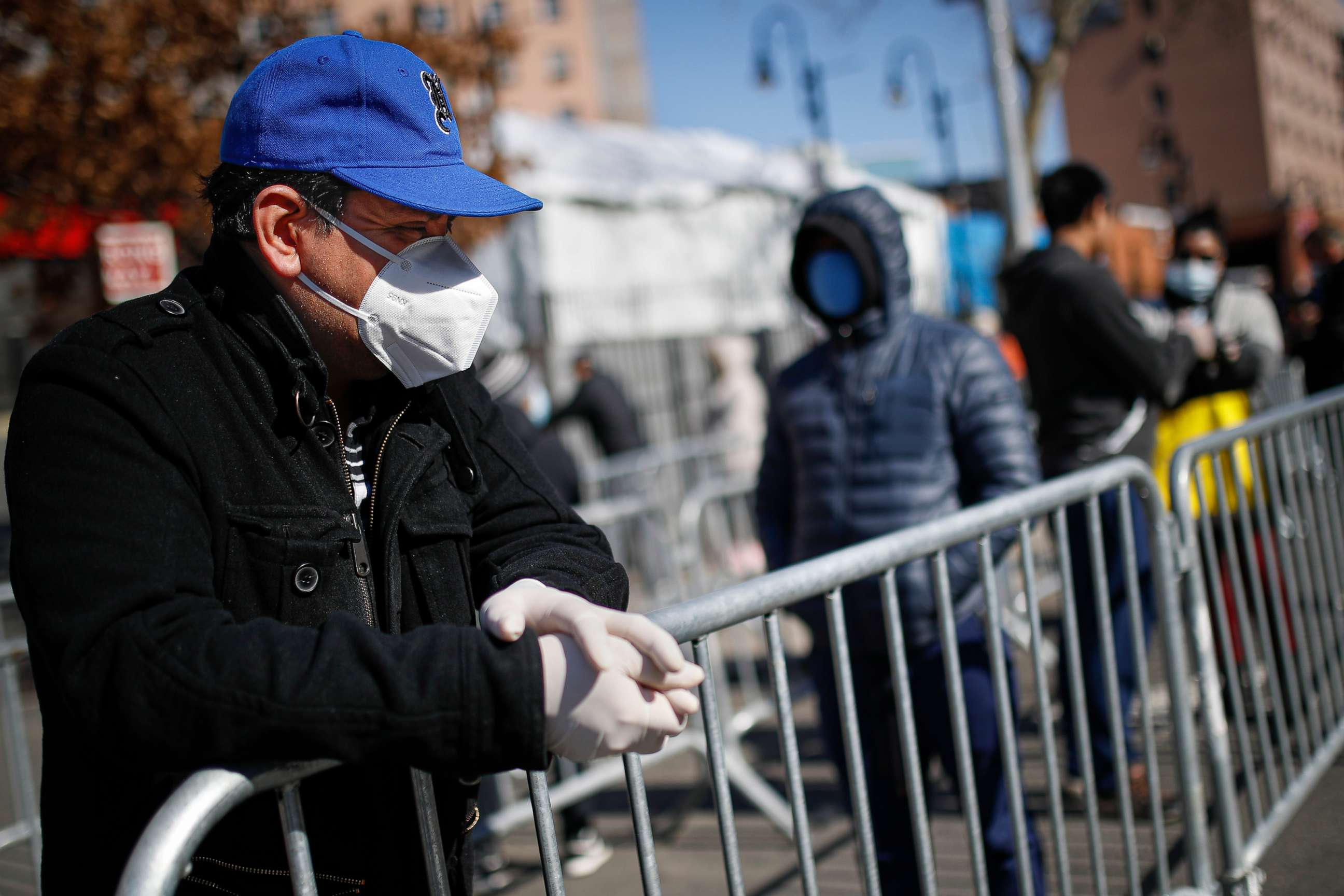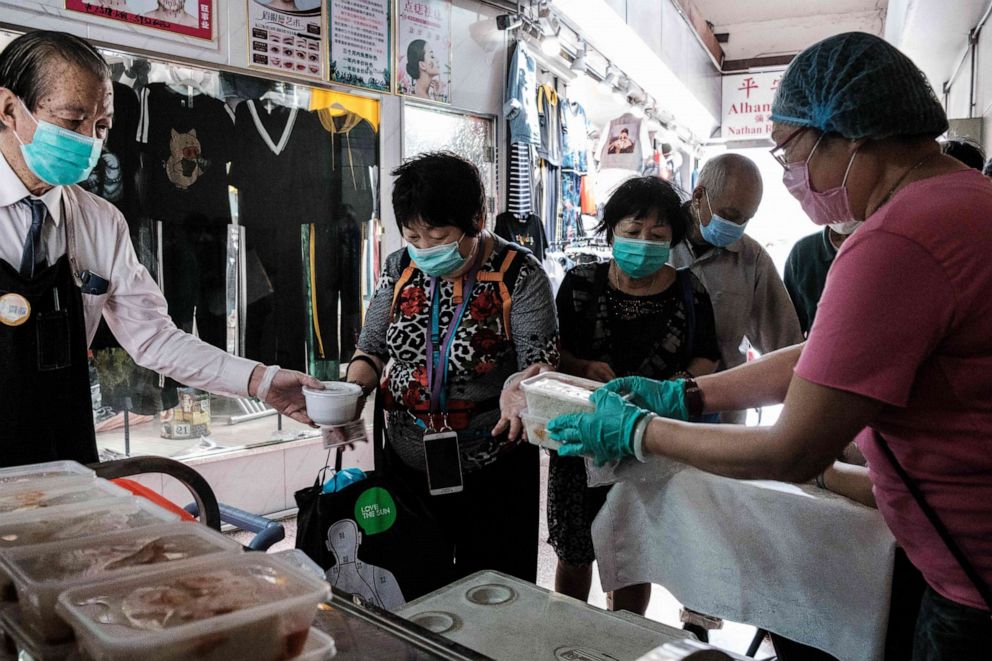Open by Easter? Relaxing coronavirus restrictions too soon could backfire.
Two studies published this week showed the effectiveness of social distancing.
Even before President Donald Trump said he hoped to reopen the U.S. by Easter, millions were wondering: Is social distancing really worth it? And either way, when can it end?
According to two studies published this week, the answer to one of those questions became quite a bit clearer: Yes, social distancing is worth it.
The studies showed that in China the spread of COVID-19 slowed significantly with fewer person-to-person interactions. And perhaps more important, using mathematical models, the authors showed that relaxing restrictions prematurely would have led another spike in infections, further burdening an already stressed health care system.
Tune into ABC at 1 p.m. ET and ABC News Live at 4 p.m. ET every weekday for special coverage of the novel coronavirus with the full ABC News team, including the latest news, context and analysis.
In January, the Chinese government took extreme measures trying to contain the novel coronavirus, including rapidly isolating suspected cases, confirmed cases and close contact, in addition to strictly limiting individuals' mobility. Other countries similarly have deployed these measures in hopes of "flattening the curve," aka slowing the spread of the virus.

In both papers, researchers mathematically modeled human travel and human contact patterns in China using assumptions from prior studies on the early stages of the pandemic, which initially was reported in Wuhan.
The first study, published in Science, showed that timely travel restrictions drastically reduced disease spread. In an interesting extension of the study, the researchers studied the most important factors later in the evolution of the pandemic, after travel restrictions were enacted, and found the daily number of new cases was less related to human mobility and more related to factors including aggressively implemented public health policies.
The researchers emphasized that swift local measures -- closing schools, increasing testing, tracing new cases -- to combat the outbreak are crucially important, particularly as the time between infection and symptom development is usually around five days.
A second study, published in The Lancet Public Health, used mathematical models to further support the idea that physical distancing and travel restrictions helped Wuhan get its epidemic under control.

Measures that seemed drastic at the time, according to the data, have in fact proved quite effective in China. After closing schools and businesses, Wuhan saw COVID-19 cases decrease, and the region's peak in cases likely was delayed. In short, these measures flattened the curve.
But the researchers didn't just study Wuhan. They used data collected there to predict what might happen elsewhere if physical distancing measures are relaxed prematurely.
According to their model, timing matters immensely. Had Chinese officials had relaxed restrictions at the beginning of March, the Chinese population could have experienced a second wave of infections as early as August. If they waited until April to begin lifting restrictions, that could delay a second wave by two months. (Both options included relaxing restrictions gradually over a four-week period.)
So what does this mean for other countries? That there's still a long way to go, but mitigation measures work, and easing up on them too early could lead to a dramatic surge in COVID-19 cases -- especially in the U.S., which hasn't yet flattened the curve.
What to know about Coronavirus:
- How it started and how to protect yourself: Coronavirus explained
- What to do if you have symptoms: Coronavirus symptoms
- Tracking the spread in the US and Worldwide: Coronavirus map
Chloë Nunneley, M.D., a resident physician in pediatrics at Boston Children's Hospital and Boston Medical Center, and Vinayak Kumar, M.D., MBA, an internal medicine resident at Mayo Clinic, are contributors to the ABC News Medical Unit.





